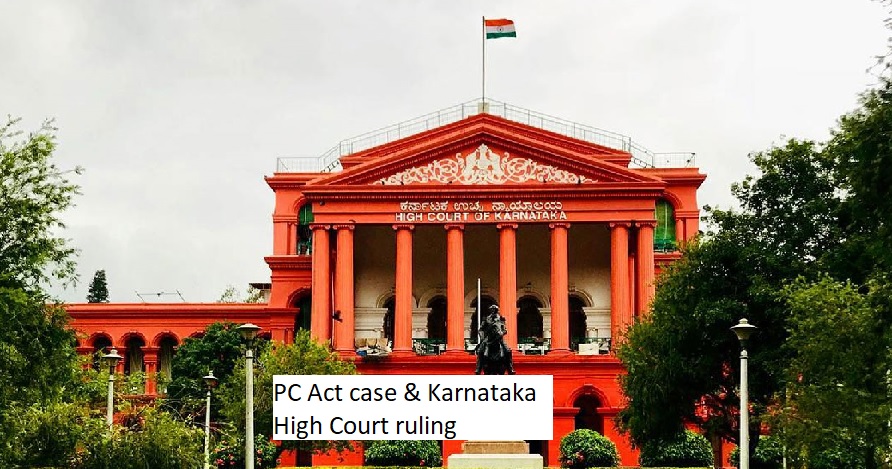


The Karnataka High Court recently ruled that proceedings initiated by third parties against a government employee under the Prevention of Corruption Act ("PC Act") do not qualify as judicial proceedings. Consequently, the employer cannot withhold the pension of the retired employee based on such proceedings.
In a case involving the Karnataka Power Transmission Corporation Limited ("KPTCL"), the Division bench of Justice S Sunil Dutt Yadav and Justice Vijaykumar A Patil dismissed an appeal against a single bench's order. The single bench had allowed a plea by a KPTCL employee, who sought the disbursal of all retirement benefits.
The court observed that proceedings initiated by third parties under the PC Act should not be considered as falling within the category of judicial proceedings under Regulation 171. This distinction is crucial because, according to the court, only proceedings instituted under Regulation 171 could permit the employer to withhold the pension of the employee.
The petitioner retired on May 31, 2022, upon reaching the age of superannuation. The Anti-Corruption Bureau (ACB) registered an FIR on April 9, 2018, under Section 13(1)(e) read with Section 13(2) of the PC Act, based on a complaint by a third party while the petitioner was still in service. However, cognizance of the FIR was taken in August 2022, after the employee's retirement.
The petitioner, who had been suspended but later reinstated, sought the payment of his pension after superannuation. The respondent corporation, as his employer, sanctioned only 50% of his pension under Regulation 172(1) of the Karnataka Electricity Board Employees’ Service Regulations, 1996. This action was taken in light of judicial proceedings initiated against him under the PC Act.
The corporation argued that the Single Judge had erred in finding that pecuniary loss needed to be established to withhold the pension. It contended that such restrictions couldn't be read into Regulation 172 of the PC Act.
The petitioner argued that the right to receive a pension is a form of property and should not be restricted except as sanctioned by the relevant regulation, as it relates to past services rendered. Additionally, it was asserted that judicial proceedings under Regulation 172 should only refer to those instituted by the employer and not any proceedings initiated by a third party.
The bench clarified that while Regulation 172 allowed the withholding of pension for retired employees, it referred to proceedings instituted under Regulation 171. According to the court, Regulation 171 relates to pecuniary loss caused to the Board, either in whole or part. The interpretation of Regulation 171 is crucial, and the words "any pecuniary loss caused to the Board" must be seen as a condition precedent for initiating an inquiry under Regulation 172(b).
The court emphasized that this interpretation is necessary given that the pension is a reward for past services, and any attempt to withhold it must be sanctioned by the applicable regulation. It also noted that, according to the explanation to Regulation 172, no judicial proceedings were pending against the petitioner on the date of superannuation since cognizance of the complaint had been taken only after he had retired.
The appeal was rejected, with the court stating that the case only concerned the withholding of pension under Regulation 172, and all rights of the employer under the PC Act regulations would be available upon the conclusion of the ongoing proceedings.
TAGS: Karnataka High Court PC Act Prevention of Corruption Act Judicial Proceedings Government Employee Pension Withholding